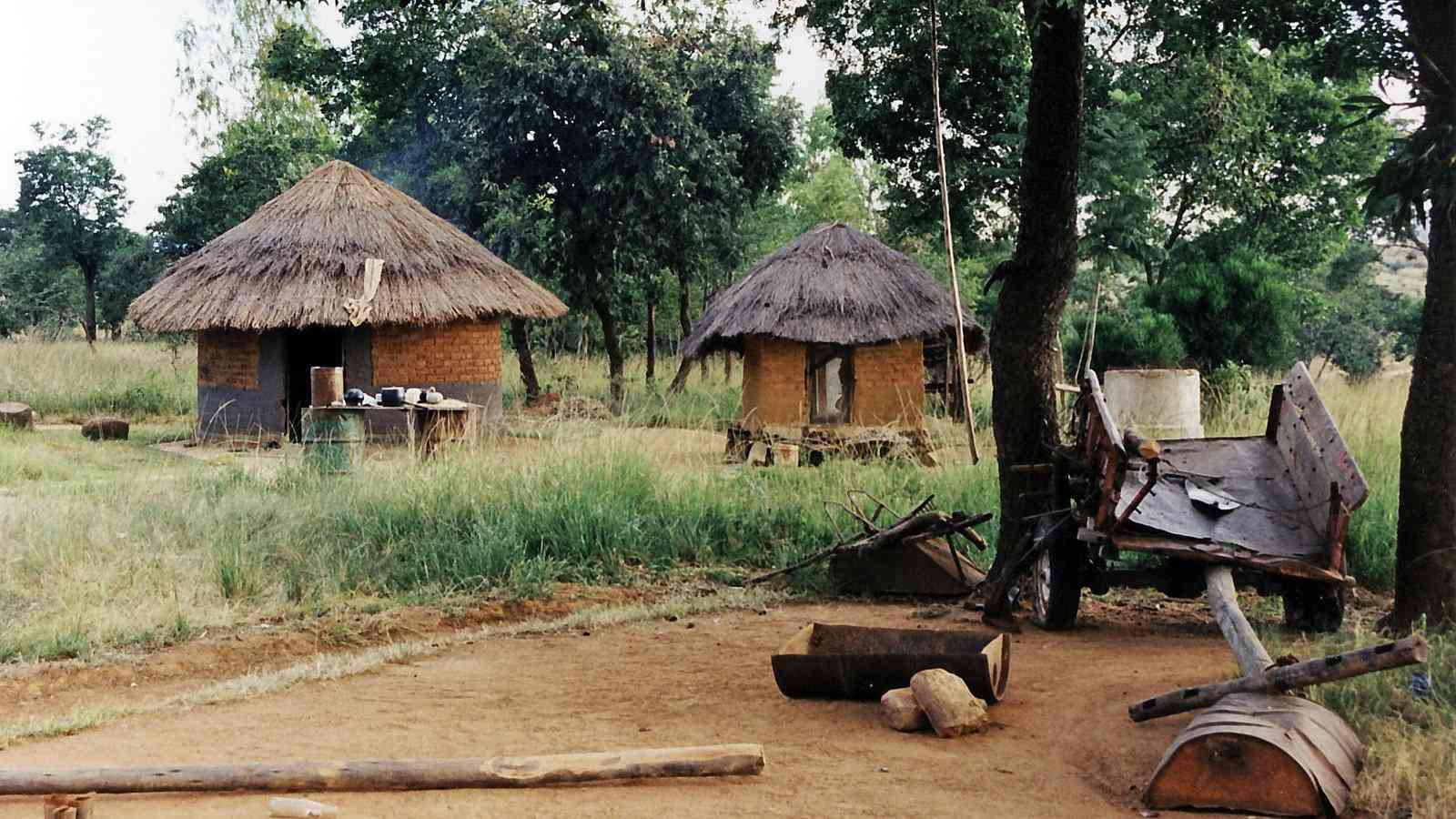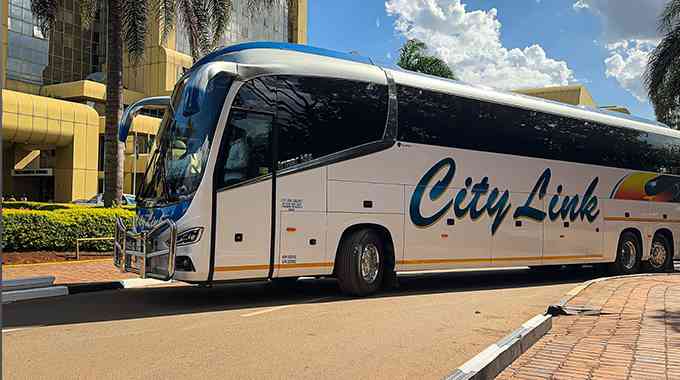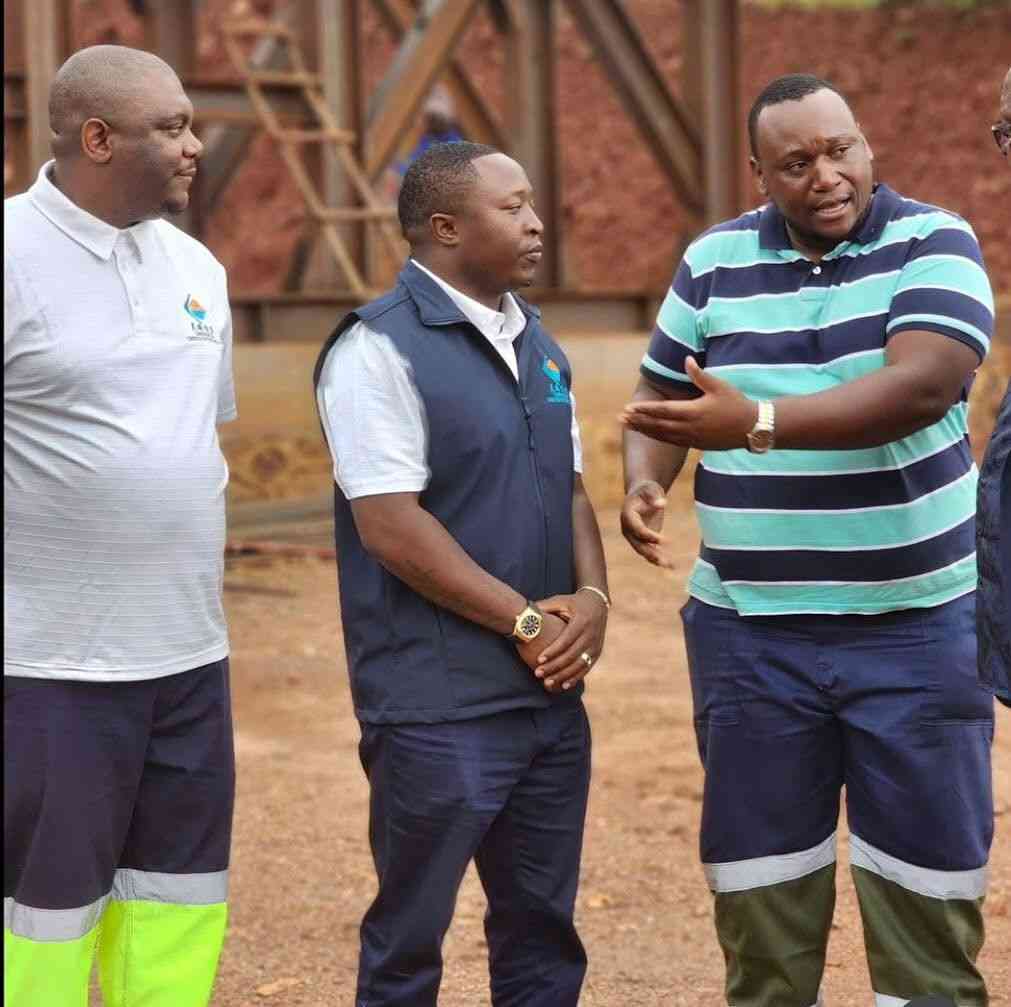
Art and development have an important synergy, and creativity has an important role in enhancement of issues that orient to growth and development as it has a nexus with the agenda 2030 and also the United Nations sustainable development goals (SDGs).
The role of creatives is beyond the quest for entertainment. We should be striving towards the fulfillment of initiatives that relate to development as we are in the industrial revolution 4.0.
Our Zimbabwean context has to progress to the ultimate renewable resource which is human ingenuity and creativity.
But are the rural artists really being recognised? Is rural creativity and different forms of rural tourism being strengthened? What are the factors hindering more creative rural development?
As you read I hope you are pondering on these questions too.
From a pro-developmentalist paradigm; creativity remains at the heart of sustainability, rooted in sustainable social, economic, environmental and cultural practices. Creativity is a special kind of renewable resource and human talent.
The soft power elements of creativity, ingenuity, innovation and imagination are playing an important role in the development process at all levels.
Creative intelligence has become a new form of cultural literacy which harnesses the power to create, connect and inspire. Creativity and artistic expressions provide energy and inspiration as well as empowerment.
- Carl Joshua Ncube brews tribal storm
- Carl Joshua Ncube brews tribal storm
- COP26 a washout? Don’t lose hope – here’s why
- Under fire Mnangagwa resorts to Mugabe tactics
Keep Reading
The creative industries have become one of the world economy’s most dynamic growth poles. But in as much, I remain worried about the context of Zimbabwe’s creative industries and their viability in the enhancement of the livelihoods of local artists.
The creative economy is the most modern phase of economic development and this is what has to be strengthened within the context of Zimbabwe so as to have a viable art or creative industry where every artist benefits overlooking the select few.
Cultural and creative industries have produced and distributed cultural goods, services or activities with cultural content that convey ideas, symbols and ways of life. Increasingly, knowledge, culture and creativity have become new keywords in understanding the speedy urban and even rural transformations, coinciding also with the emergence of knowledge societies.
Unfortunately rising inequality and migration make cities the focal points for new social cleavages, exclusion and discrimination which predominantly affects those in the rural peripheries as their art forms remain under scored.
Emphasis on the recognition and the enhancement of the skills of rural based creatives remains a critical step in the addressing of the socio-economic disparities, fostering sustainable development and the building of inclusive and prosperous societies.
Creative intelligence means the ability, and seeing the importance of investing in the potential of rural communities. In the process it can unlock a wealth of talent, creativity and innovation that can benefit not only the rural areas but society as a whole.
Recognising and enhancing the skills of rural creatives is crucial for several reasons which relate to economic development. This is substantiated by how rural areas often face economic challenges such as limited job opportunities and a lack of industries.
By recognising and enhancing the skills of rural creatives and their communities, we can unlock their potential and empower them to contribute to local economic development. This can lead to the creation of new businesses, improved agricultural practices, and the development of cottage industries, all of which can boost the overall economic growth of rural communities.
This also leads to poverty alleviation as the reality is of how rural areas are often disproportionately affected by poverty. By recognising and enhancing the skills of rural creatives and the wider community, we can help them acquire new knowledge and abilities that can improve their employability and income-generating opportunities. This can ultimately lift individuals and communities out of poverty and create a more equitable society.
Creative intelligence also means retaining local talent as in many rural areas, there is a tendency for educated and skilled individuals to migrate to urban centres in search of better opportunities.
This brain drain can hinder the development of rural communities. By recognising and enhancing the skills of rural dwellers, we can create an environment that fosters personal and professional growth, encouraging talented individuals to remain in their communities and contribute to local development.
Enhancing the skills of rural dwellers is essential for achieving sustainable development. By providing training in areas such as sustainable agriculture, renewable energy, and environmental conservation, rural communities can adopt practices that protect natural resources, mitigate climate change, and promote long-term sustainability.
I have been avidly following Carl Joshua Ncube on how he is pushing the rural “B n B” drive which is aimed at promoting and enhancing rural tourism and the deeper forms of entrepreneurship. These are initiatives that enhance skills and the creative capacitances of individuals in a rural setting which in my view is also acclaimed with nature and silence which enhance one’s artistic prowess.
Recognising and enhancing skills in rural areas can lead to increased social cohesion and community engagement. When individuals are empowered and have opportunities to contribute their talents, they become more invested in their communities. This can foster a sense of pride, unity, and collaboration among rural dwellers, leading to the development of vibrant and resilient communities.
Skills mapping plays a crucial role in unlocking the potential of rural communities. It enables effective resource allocation, encourages collaboration, and promotes sustainable development, ultimately leading to improved livelihoods and well-being for individuals living in rural areas.
Skills mapping helps identify the unique talents and expertise within rural communities. By understanding the skills available, local economic development initiatives can be better tailored to leverage these talents, promote entrepreneurship, and create employment opportunities. This can lead to increased income generation, improved livelihoods, and overall economic growth in rural areas.
By identifying the skills present, it becomes easier to match available resources, such as infrastructure, funding, or training programs, with the specific needs and capabilities of individuals. This ensures that resources are efficiently allocated, leading to maximum productivity and outcomes.
It helps build self-confidence and self-esteem among community members, as their contributions are acknowledged and utilised. This can lead to a sense of pride, motivation, and an increased willingness to actively participate in community development efforts.
Rural communities often have traditional or specialized knowledge that is passed down through generations. Skills identification, amplification and empowerment help identify and document these valuable skills, ensuring their preservation and transmission to future generations. This contributes to the preservation of cultural heritage and ensures the continuity of important practices.
By understanding the skills and expertise available, development interventions can be designed to capitalise on local strengths, promote environmentally friendly practices, and ensure the long-term viability of economic activities. This helps create resilient and self-reliant rural communities.
- Raymond Millagre Langa is a musician, orator, writer and the founder of Indebo Edutainment Trust Follow Millagre Ray Langa on Facebook #Millagre Ray L, e-mail millagrepapaito@gmail.com. You can reach out to Indebo Edutainment Trust on Facebook, Instagram and Twitter indebotrust@gmail.com










